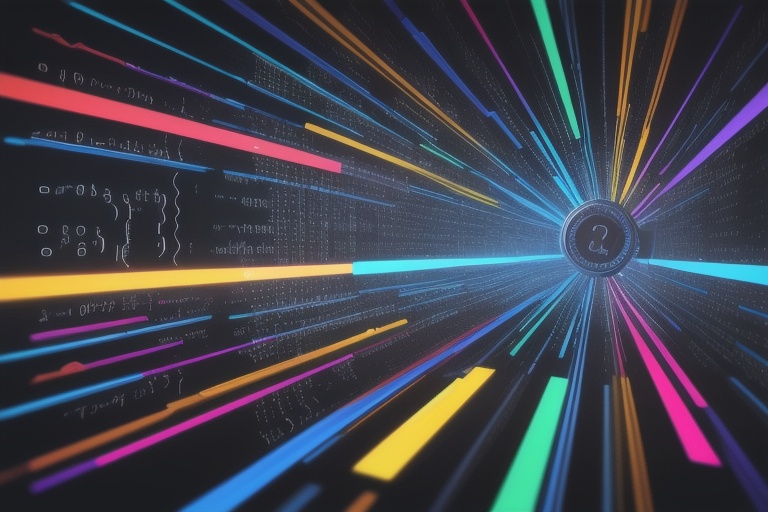Artificial Intelligence (AI) and Machine Learning (ML) are at the forefront of a technological revolution, dramatically reshaping industries and everyday life. As we venture into this brave new world, it's essential to comprehend the far-reaching effects and progressive trends AI and ML are bringing to the table.
Artificial Intelligence (AI) and Machine Learning (ML) are at the forefront of a technological revolution, dramatically reshaping industries and everyday life. As we venture into this brave new world, it's essential to comprehend the far-reaching effects and progressive trends AI and ML are bringing to the table.
Transforming Healthcare with AI
Healthcare is a prime candidate for AI disruption, promising to enhance patient care while widening accessibility. By utilizing advanced algorithms, AI is empowering healthcare professionals to diagnose diseases with unerring accuracy, recommend personalized treatment plans, and conduct remote patient monitoring. This not only streamlines the patient experience but also alleviates the workload for healthcare providers, leading to a more efficient healthcare system.
AI in Banking and Finance
The banking and finance sectors have begun to harvest the benefits of AI-driven innovations. Real-time data analysis is optimizing financial decision-making, while fraud detection systems powered by AI are more adept than ever at identifying and preventing illicit activities. Beyond these practical applications, AI-equipped virtual assistants are revolutionizing customer service by offering tailored financial advice and assistance with an unprecedented level of personalization.
Advancing Transportation through AI
In transportation, nothing signifies the AI revolution quite like the advent of self-driving cars. Fueled by sophisticated AI algorithms, these autonomous vehicles are poised to transform how we travel, enhancing safety and efficiency on our roads. The integration of AI in transportation extends beyond autonomous driving, also playing a critical role in traffic management and logistics, further streamlining our transit systems.
The Evolution of AI
The AI we witness today is predominantly categorized as Narrow or Weak AI – specialized systems designed to perform specific tasks. However, the field has seen remarkable growth and diversification, particularly with the emergence of Deep Learning. This subset of Machine Learning uses layered neural networks to analyze vast amounts of data, drawing insights and learning in ways that mimic the human brain.
The Future of AI: A World of Possibilities
The trajectory of AI development suggests an exhilarating future, where AI's potential to augment human capability is virtually limitless. Ongoing advancements signal the dawn of an era where intelligent machines will not just imitate but potentially eclipse human cognitive abilities.
With each technological leap, AI is becoming more integrated into our work and personal lives, suggesting a future landscape rich with innovation and opportunities. Whether it's transforming industries, redefining the workplace, or revolutionizing daily tasks, AI stands as a pioneering force in this new digital age.
As we consider the ever-expanding horizons of AI, it is integral to recognize its potential implications - ethical considerations, job displacement concerns, and the need for new regulations and governance structures. Engaging with these challenges now will ensure that AI's growth is managed responsibly and equitably.
In anticipation of the incredible advancements yet to come, we must remain vigilant and informed about the evolving landscape of AI and Machine Learning. For society to truly reap the benefits, a collaborative effort involving tech innovators, policymakers, and the public is critical. Together, we can steer the course of AI towards a future where technology enriches lives and fosters human progress across every spectrum.
Information for this article was gathered from the following source.




